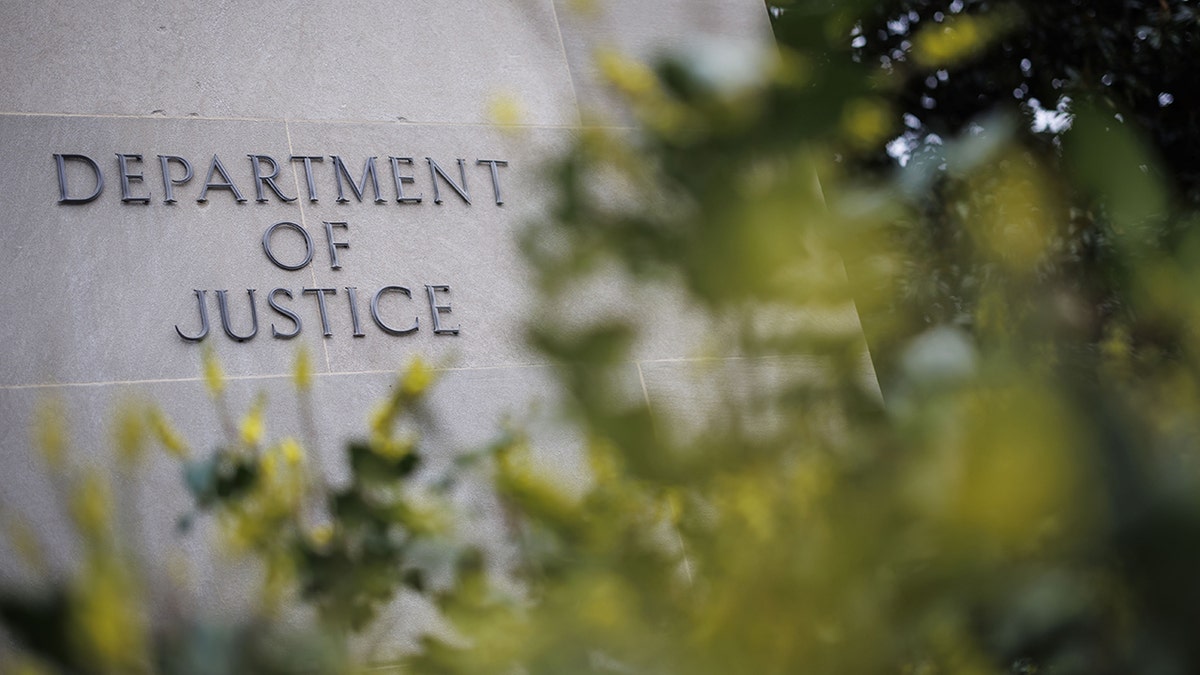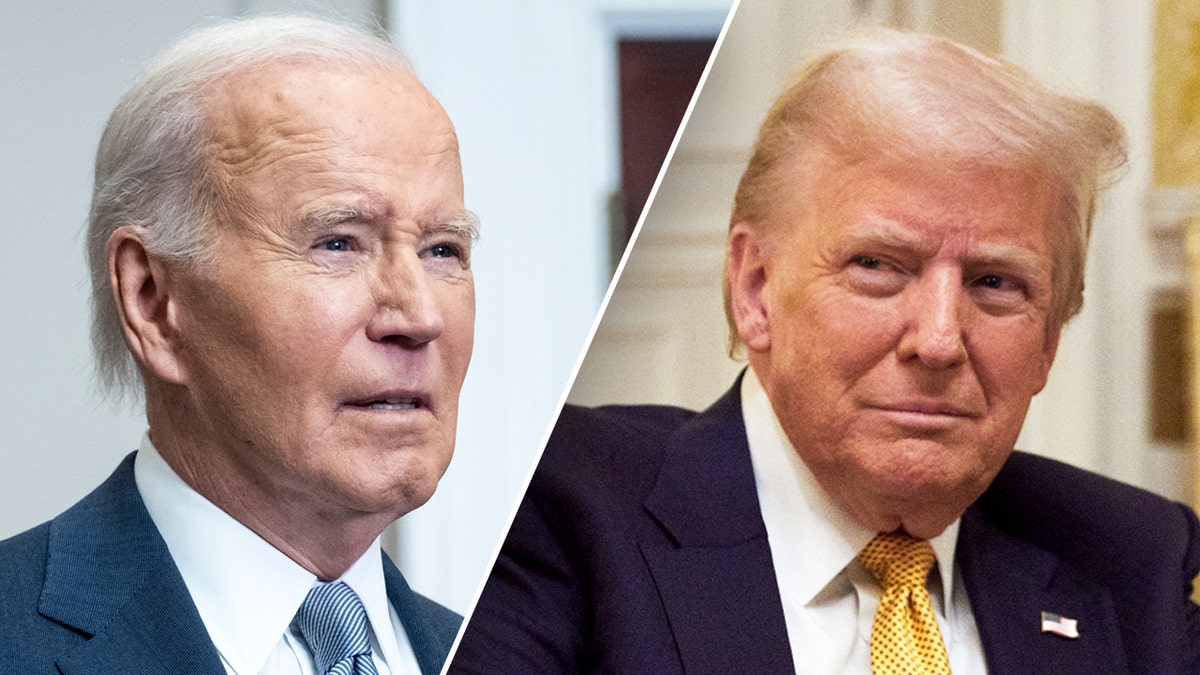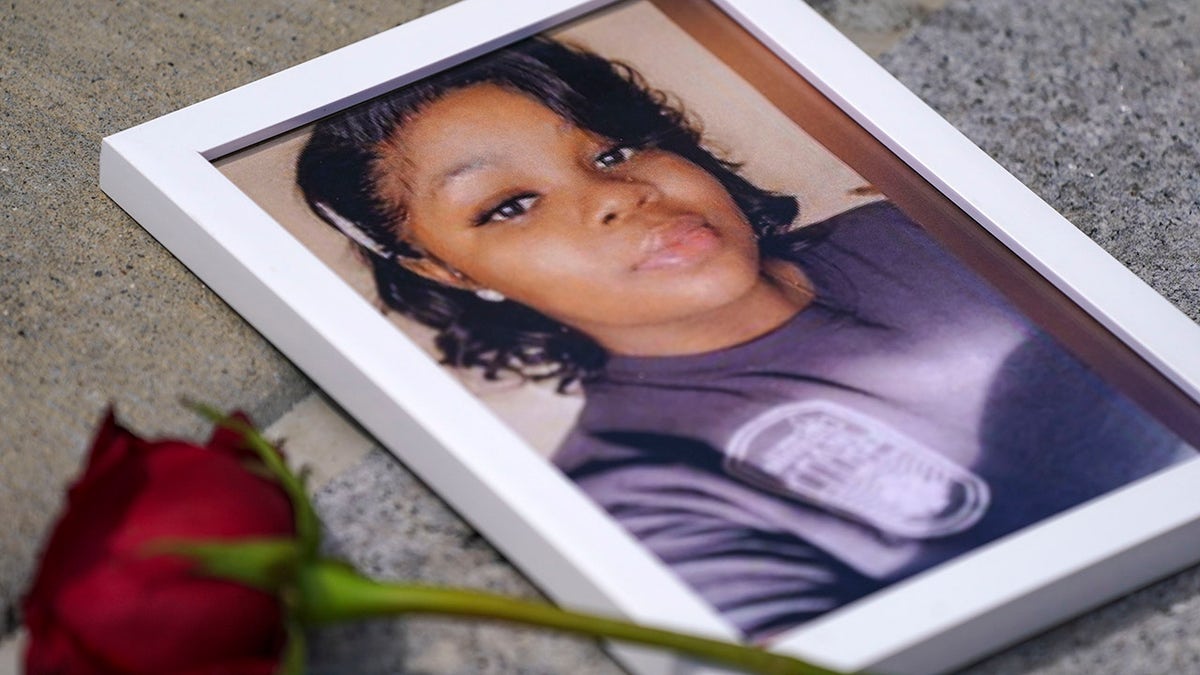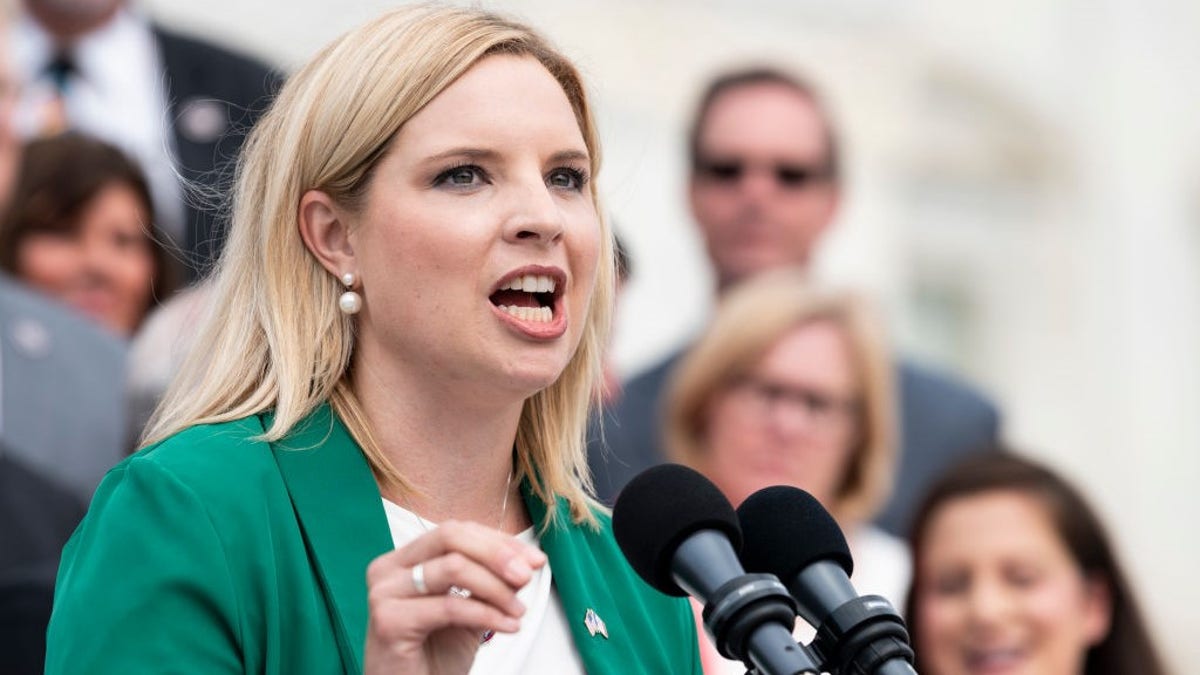Reports indicate that the U.S. Department of Justice (DOJ) has issued a memo to its civil rights division, implementing a freeze on all current litigation initiated by the Biden administration. This action also halts the pursuit of any new cases or settlements.
The Washington Post initially broke the story, detailing the memo sent to Kathleen Wolfe, the division's acting head appointed by the Trump administration. The memo directed Wolfe to ensure that attorneys refrain from filing "any new complaints, motions to intervene, agreed-upon remands, amicus briefs, or statements of interest."
The memo doesn't specify the freeze's duration, but it effectively suspends the division's activities until the Senate confirms President Donald Trump's nominee to lead the department, Harmeet Dhillon.
The Post also reported the freeze aligns with the Department's objective of presenting a unified legal stance and allowing presidential appointees to determine the initiation of new cases.

The Department of Justice in Washington, D.C. (Ting Shen/Bloomberg via Getty Images)
A source with knowledge of the memo validated its contents to Fox News, though the DOJ declined to comment.
A separate memo instructs Wolfe to inform the DOJ chief of staff about any consent decrees finalized by the division within the past 90 days.

President Joe Biden and President Donald Trump (Getty Images)
Earlier this month, a Kentucky judge declined to immediately endorse a police reform consent decree reached by the DOJ and Louisville. This occurred during a hearing described by one attendee as a rushed attempt by the Biden administration to restrict incoming President Trump. According to Oversight Project counsel Kyle Brosnan, Judge Benjamin Beaton refused to act as a "rubber stamp" for the extensive 240-page reform plan, stemming from the 2020 police shooting of Breonna Taylor. Taylor was killed when officers attempted to serve a drug warrant at her boyfriend Kenneth Walker’s residence. Walker fired a "warning shot" that struck Officer Jonathan Mattingly.

A photo of Breonna Taylor shared at the 2022 Defend Black Women March in Black Lives Matter Plaza in Washington, D.C. (Leigh Vogel/Getty Images for Frontline Action Hub)
Brosnan highlighted the distinct nature of consent decrees compared to other legal agreements, emphasizing they can't be easily overturned by presidential order or a change of heart by involved parties. The decree alleged a pattern of racial bias within Louisville policing, encompassing traffic stops, sexual assault investigations, and use of force. Currently, at least two other police reform consent decrees are under legal review, one in Maryland and another in Minnesota.
On January 6th, the DOJ and Minneapolis reached an agreement, pending court approval, to address the department's allegedly "unconstitutional and unlawful practices" violating the Americans With Disabilities Act and 14th Amendment. In October 2024, the federal government sued the Maryland Department of State Police, alleging Civil Rights Act violations related to hiring practices, specifically a physical fitness test and a written test that allegedly disproportionately disqualified female and African-American applicants. Maryland police deny these claims.








